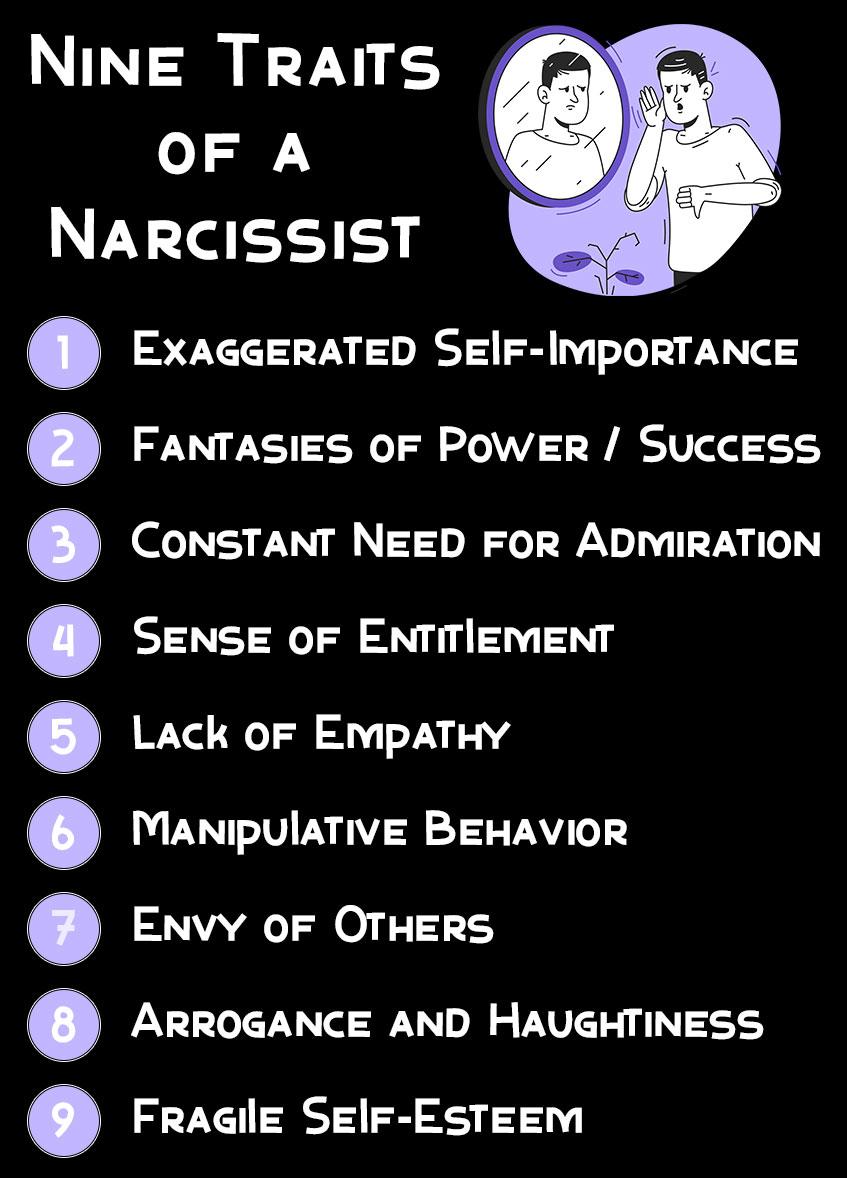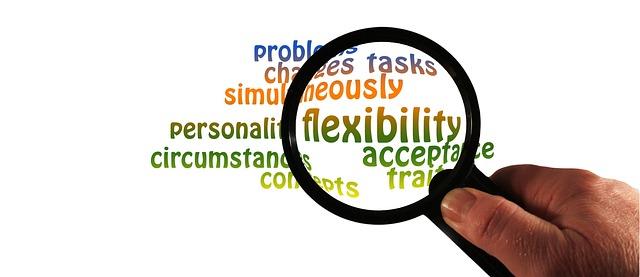In the enchanting dance of early romance, the excitement of new connections often casts a spell that can obscure the true nature of a partner. While every budding relationship carries a sense of mystery and discovery, it’s essential to remain vigilant for subtle signals that might indicate deeper, more troubling traits. Among these, narcissism stands out—a personality trait that, if unrecognized, can lead to a whirlwind of emotional turmoil. In the intricate tapestry of human behavior, identifying narcissistic traits early in dating can save heartache down the road. This article aims to illuminate the subtle signs of narcissism, providing you with the tools to discern genuine affection from self-centered allure, ensuring that your journey into love is as rewarding and fulfilling as it is thrilling.
Recognizing Subtle Signs of Self-Absorption
In the early stages of dating, it’s crucial to be vigilant about certain behaviors that might indicate self-absorption. While everyone deserves attention and care, a self-absorbed partner often struggles to reciprocate. They may dominate conversations or seem disinterested when the focus isn’t on them. Watch for these subtle signs:
- Conversation Monopolist: They consistently steer discussions back to themselves, rarely showing genuine curiosity about your life.
- Empathy Void: Notice a lack of empathy when you share personal stories or challenges. They might offer minimal support or quickly change the subject.
- Grandiosity Glimpse: They often boast about their achievements and might seem overly preoccupied with their image or status.
Being aware of these traits can help you gauge whether you’re dealing with a person who might struggle to prioritize others’ needs, potentially preventing a one-sided relationship.

Decoding Conversations for Narcissistic Tendencies
In the early stages of dating, conversations can be filled with excitement and discovery. However, it’s crucial to be mindful of subtle cues that may indicate narcissistic tendencies. One common trait is the tendency to dominate conversations. If your date consistently shifts discussions back to themselves, it might be a red flag. Pay attention to whether they listen actively or simply wait for their turn to speak.
- Lack of Empathy: Notice if they dismiss your feelings or show little interest in your experiences.
- Grandiosity: Be wary if they frequently exaggerate achievements or have an inflated sense of self-importance.
- Constant Validation: A need for excessive admiration might reveal itself through frequent fishing for compliments.
Remember, these signs alone don’t confirm narcissism, but they can provide insight into potential behavior patterns. By tuning into these conversational nuances, you can better assess the compatibility of your budding relationship.

Observing Interactions for Empathy Deficits
In the early stages of dating, the way someone interacts with others can reveal much about their capacity for empathy. Observing how your date treats service staff, for example, can be quite telling. Do they show genuine gratitude and kindness, or do they display a sense of entitlement? A lack of empathy often manifests in small, everyday interactions and can be an early indicator of narcissistic traits.
- Inconsiderate Behavior: Notice if they interrupt others or dominate conversations without regard for the feelings or opinions of others.
- Lack of Listening Skills: Are they more focused on their own stories and experiences, rarely asking about yours or engaging in active listening?
- Dismissive Attitude: Pay attention to how they react to others’ emotions. Do they seem dismissive or uncomfortable when confronted with someone else’s vulnerability?
These seemingly minor details can serve as red flags, indicating a potential lack of empathy that could become more pronounced as the relationship develops.

Establishing Boundaries to Test Respect
One of the early indicators of narcissistic behavior in a relationship is the reaction to boundaries. When you establish personal limits, it can serve as a litmus test for respect and empathy. Setting boundaries is not about creating walls but rather defining your comfort zones. It’s crucial to observe how your partner responds when you express your needs and preferences. Are they understanding and considerate, or do they react with frustration or dismissiveness?
- Respectful Partners: They acknowledge your boundaries and engage in open dialogue to understand them better.
- Potential Red Flags: If your partner frequently pushes or disregards your boundaries, it may be a sign of self-centered behavior.
Remember, a healthy relationship thrives on mutual respect. When someone challenges your limits consistently, it could hint at deeper issues like a lack of empathy or an inflated sense of entitlement. Be mindful and prioritize your emotional well-being by ensuring your boundaries are honored.








